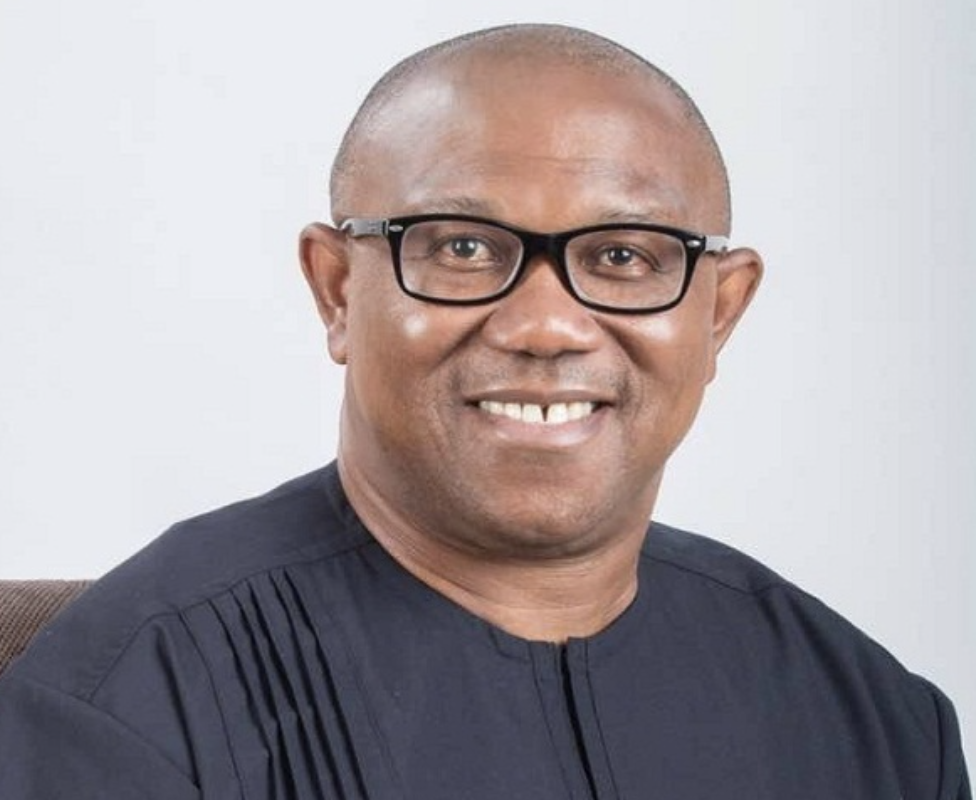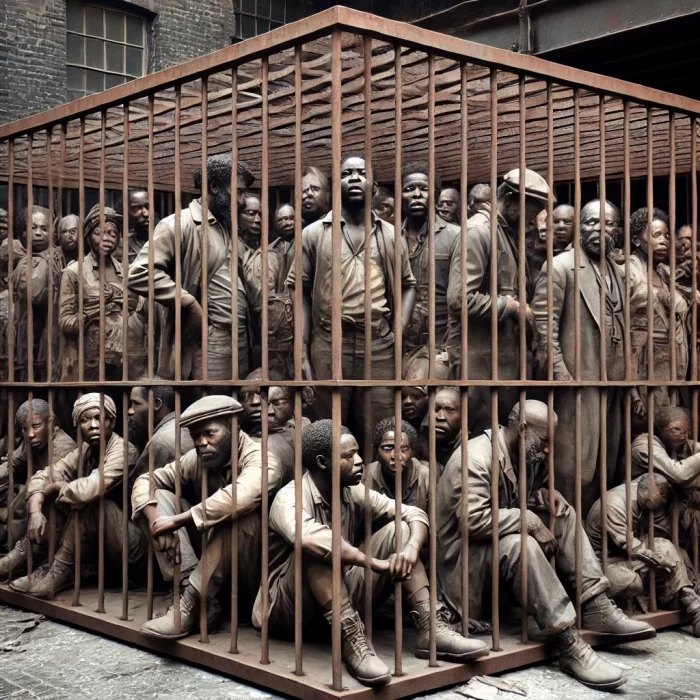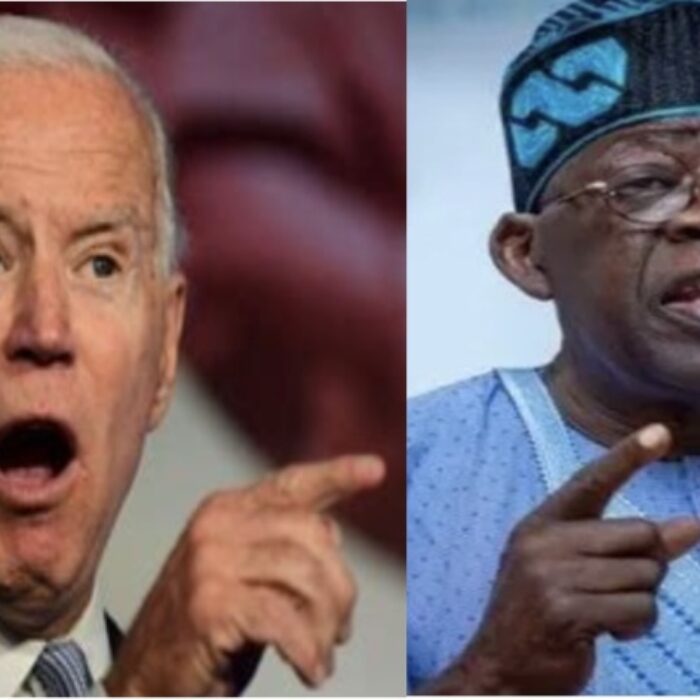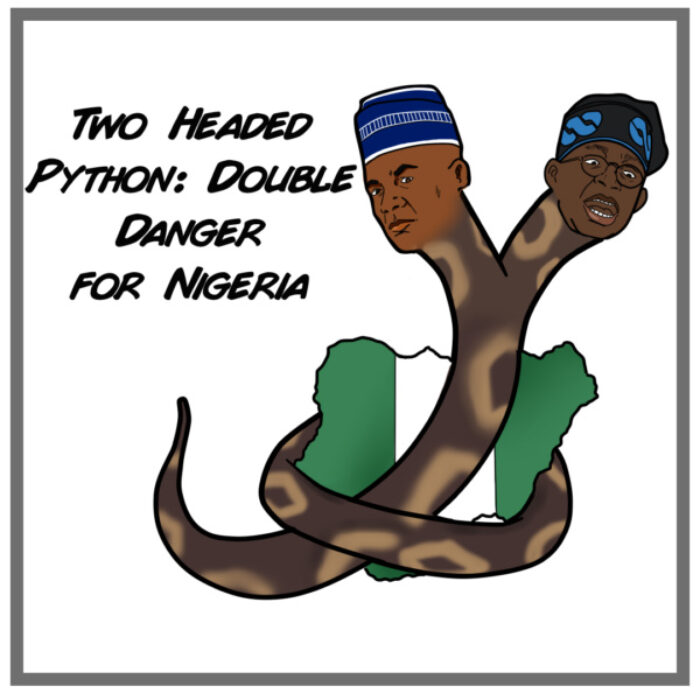by Nnaoke Ufere, PhD
In this period of national distress and personal despair, when we have lost faith in ourselves and in each other, when our democracy is flailing and our government and corrupt politicians have failed us, we expect messianic deliverance. Accordingly, we believe that there is one superhuman out there who has the power to save us – our wish-fulfillment messiah. We tend to adore and glorify individuals who give all of themselves to a common cause.
We invest our hopes and aspirations in this messiah archetype – a type of personality that is characterized by natural servant-leadership qualities and a strong desire to serve and save the nation, selflessly. And this collective hope for national salvation heightens our messianic expectations.
Mr. Peter Obi’s rejuvenating personality, visionary leadership style and pragmatic politics is the apotheosis of the messianic expectation that has captured the nation in all ethnicities, religions and political zones. From North to South and East to West, millions of dispossessed Nigerians hold the conviction that Mr. Obi is the chosen one to restore the humanity and renew the dignity of Nigerians from the inhumanities and indignities of the failed administrations of the APC and the PDP. They may be right.
Nigeria is a problem for which Mr. Obi’s multifaceted talents are superbly fitted. He is firmly attached to the world of the ordinary people at the bottom of the Nigerian society and speaks in words that the downtrodden can relate to and understand.
His words are inspiring, specific enough in its listing of grievances to charge people with positive anger against the elites and the political class, but tempered enough to avoid class conflict, yet stirring enough to build “Obimania” into a fountain of hope that in the new Nigeria, everyone has a right to live freely, securely, and with equal opportunity to prosper anywhere in the country. This is our solemn hope and expectation.
With this heightened expectation, we’ve compelled Mr. Obi to undertake the role of messiah. He now feels personally called to save the nation. It is, therefore, no surprise that in social media, churches, mosques, and national discourses, many expect that President Obi, that is, when elected, will wave a magical wand and all of the problems faced by Nigerians will be solved. Again, they may be right.
This brings me to my apprehensions. Are we expecting too much from Mr. Obi and the Labour Party? How do we reach and maintain a balanced appraisal and expectation of him as a candidate?
It must be said from the onset that our amplified expectation is dangerous not only to the wellbeing of Mr. Obi and his promising political career but also to the sustainability of the novel ideological movement he personifies and the budding Labour Party he leads.
With expectations this high, what happens if Mr. Obi runs short of winning the presidency in 2023? Will his millions of passionate, grassroots supporters continue the long and arduous wait for another four or even eight years? Or will they become impatient, disenchanted and disappointed? Will they stay or go? I hope they will stay and fight until victory is won, until the oppressed are free. But only time will tell.
It is important to point out that in as much as the majority of Nigerians want him to win in 2023, the significance of the new political enlightenment he unleashed is bigger than one election cycle. His supporters must, therefore, prepare for a marathon, not a sprint.
What if 2023 doesn’t favor the Labour Party? Will the party avoid in-fighting, hold together long enough to compete again in four years? Or will its captains abandon ship to join the winning party as is common among Nigerian mercenary politicians? Again, I hope the party strengthens rather than fall apart, hold together and continue the good fight until victory is won.
This means that the Labour Party leaders must be fully committed, knowing that their mission is much bigger than their individual wants and ends. But only time will tell.
It is worth noting that while our high expectation can be a motivator, it can also be the root of disappointment. When our lofty expectations are incongruous with our reality, we experience disappointment and despair. And this is why I encourage Nigerians to adjust their expectations of Mr. Obi to reflect the realities on the ground.
Nigeria’s problems, there are many and complex, can’t be solve by one man alone. Mr. Obi can inspire and motivate us. But it’s “we the people” who must bring about the change we desire and build a more perfect nation.
We must acknowledge that Mr. Obi is not superhuman. He’s not a messiah. He never claimed to be one. Only in our desperation for a national savior, did we impose the messiah moniker on him. We must always remind ourselves that Mr. Obi is an ordinary man, one of us, who has done and plan to do more extraordinary things to fix the country. He is a rare breed of honest, trustworthy and plainspoken politician. Still, we all share the burden of nation-rebuilding, individually and collectively.
One way to manage expectation without discouragement is for Mr. Obi to emphatically communicate to his millions of enthusiastic supporters that he is in it for the long haul, not just the 2023 run. 2023 is just the beginning, not the end of the movement of the people.
While winning in 2023 is plausible, supporters must also keep their focus on the long-term mission – to restore the humanity and renew the dignity of all Nigerians. Time is on his side.
All of this is to say that the 2023 presidential election provides us an important opportunity to assert ourselves in controlling our own destiny. There’s a strong wind of change blowing across the nation – a powerful tsunami of hope and possibilities never before witnessed in Nigeria. It is heartwarming. There’s a fresh new hope in Mr. Obi. His character traits of honesty, trustworthiness, and compassion, combined with his excellent performance record as governor of Anambra State, make him the best qualified to lead the nation.
As a result of Mr. Obi’s candidacy, there’s massive voter registration evidenced in the over 95 million registered voters and the growing issuance of PVCs, according to the INEC. We must continue to encourage more young people to register and get their PVCs.
But the key to winning this presidential election is voter turnout – that is the number of PVCed voters who actually vote on Election Day. We must begin today to plan and organize millions of boots on the ground everywhere to drive unprecedented voter turnout.
It’s now the responsibility and obligation of every Nigerian at home and in the diasporas to change the country into the one we need and desire. This is our time to support Mr. Obi and make it happen.




